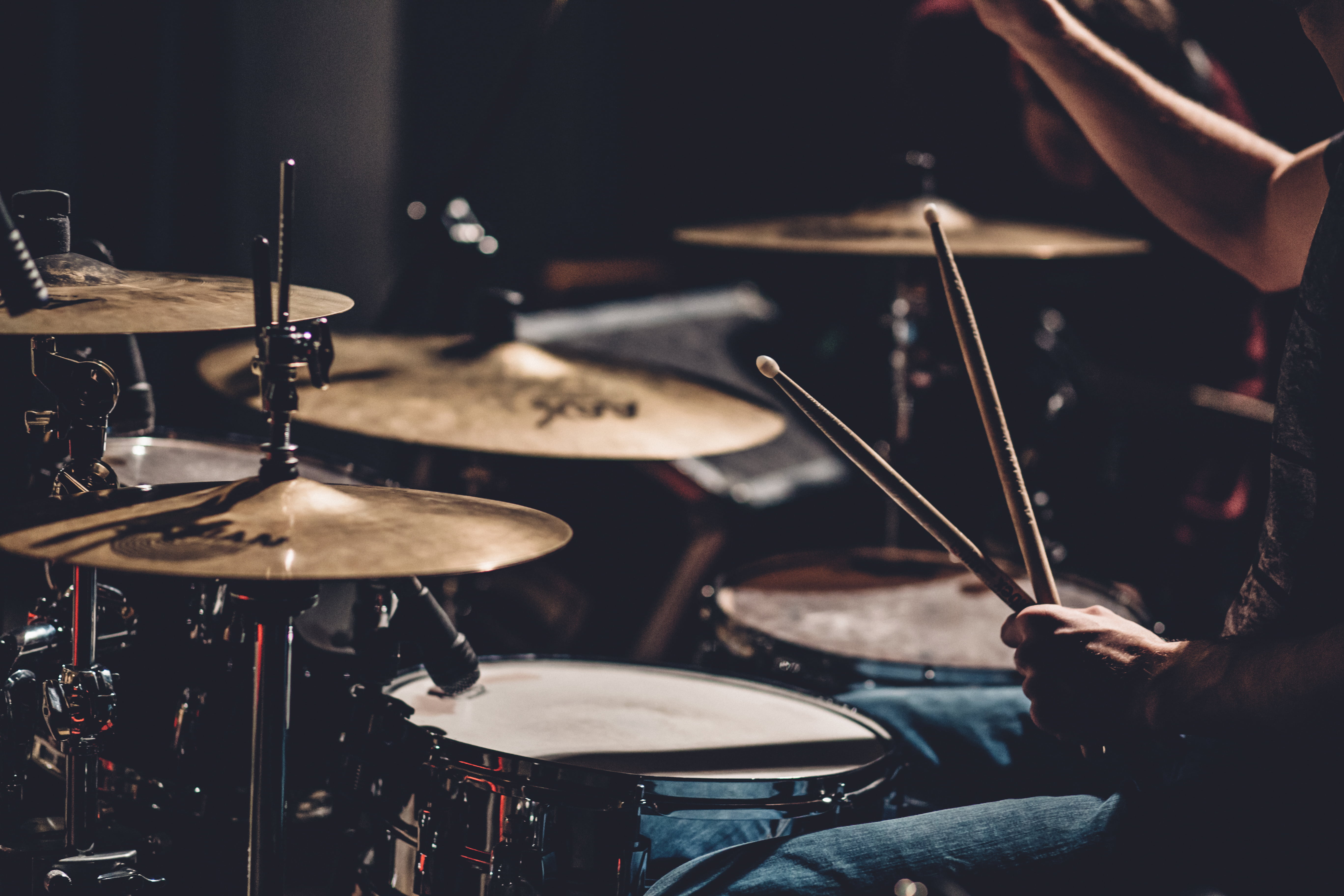Who’s got rhythm?

When the music starts playing, many of us automatically start moving our feet to the beat of the music. To be able to do this, we need a sense of rhythm. The rhythm in music allows us to dance and make music together and is therefore fundamental to our musical experience.
Most people have the ability to synchronize to the rhythm in music even if they never had any music lessons. You just have to look at a football (sorry, soccer) stadium clapping to a concert to recognize this. But still, most people would agree that some are better at rhythm than others.
We would like to be able to accurately measure how good people are at rhythm. This allows us to test whether there are brain areas that are more developed in people that are good at rhythm, and whether specific genes are associated with being good at rhythm. Knowing this may help us understand whether rhythm in music is related to rhythm in language, and in other domains. But also, rhythm can be used in many applications of music, like movement rehabilitation. Knowing who is good at rhythm may help us identify who will benefit from such applications of music.
There are already a few rhythm ability tests out there, but one of the problems is that many of these tests are measuring only certain aspects of rhythm. Rhythm can be regular, or irregular, and the rhythm can have a clear pattern (such as the short-long of your heartbeat) or not. We would like to come up with a test that can measure whether you are good at hearing all such different aspects of rhythm. As a first step, in this experiment, we compare many tests that already exist, to find out which are related to each other, which are easy to do, and which can be left out without loosing information. You can help us do this by taking the rhythm tests ! Some tasks are fun, some are hard, and some are easy, but all of them help us understand how we should test who’s got rhythm!